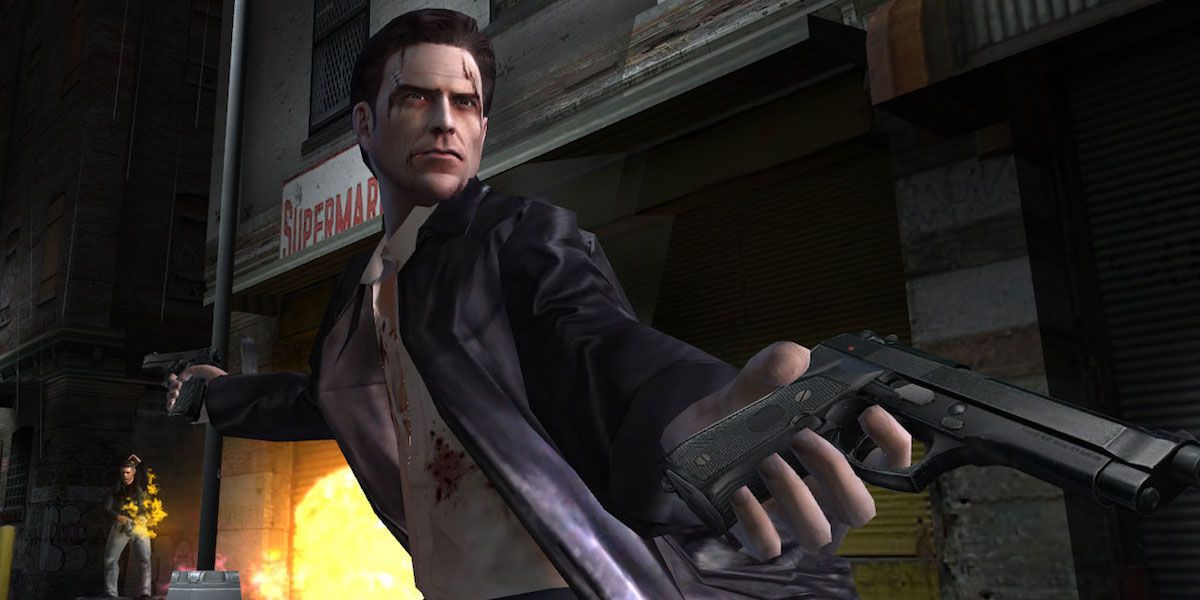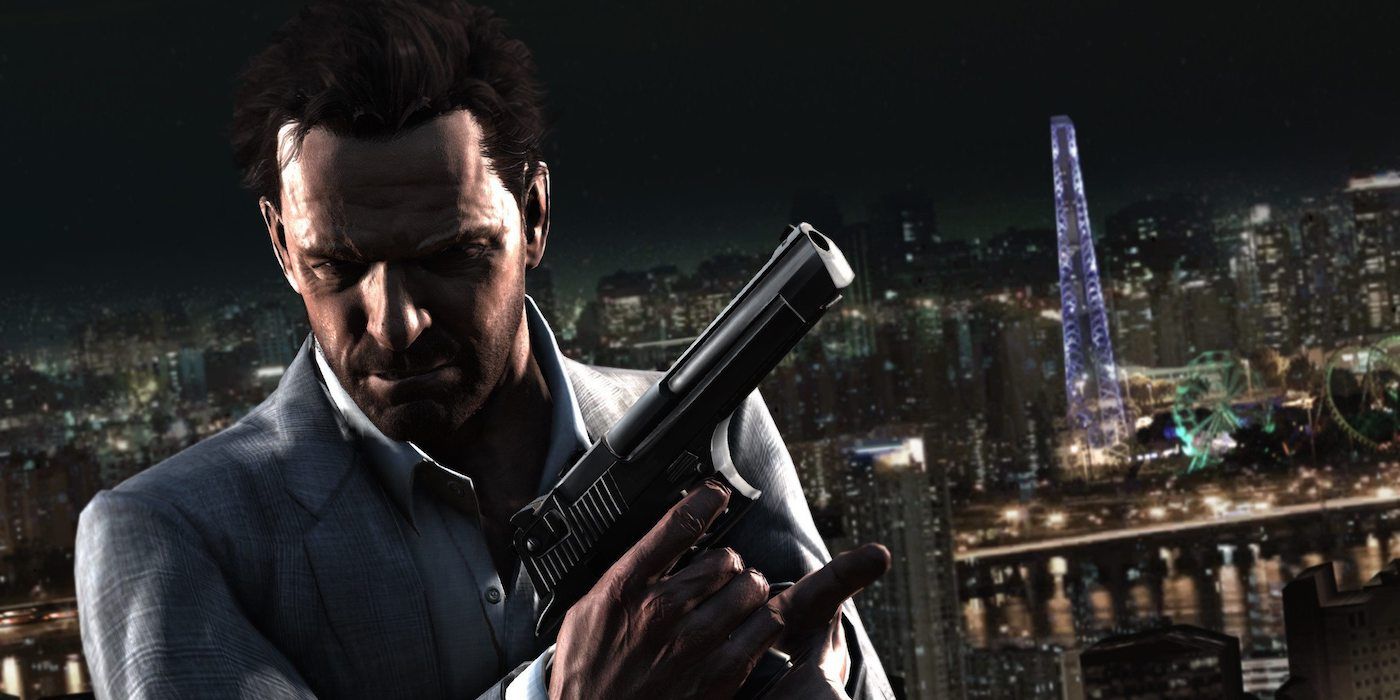https://ift.tt/2SY59te 
The latest game from Remedy, the studio behind hits like Max Payne, Alan Wake, and Quantum Break, is Control, a supernatural shooter with Metroidvania elements and an emphasis on fast gunplay and telekinetic powers, all wrapped in a dream-like story which could have only been crafted by the face of the studio, writer and creative director Sam Lake.
We spoke to Lake about a variety of subjects recently, but one of the most fascinating topics was the story of the infamous nine-year gap between Remedy's Max Payne 2, released in 2003, and Rockstar's Max Payne 3, which didn't see the light of day until 2012.
Related: Max Payne Retribution Fan Film Generates Critical Acclaim
The Finnish auteur explained the unique circumstances behind the development of Max Payne 2, as well as whether or not Remedy was ever planning to develop a sequel. After all, the end credits promised, "Max Payne's journey through the night will continue."
Max Payne 2 Was Always Going To Be Remedy's Last Max Payne Game

Remedy has always been an independent studio, though have certainly had partnerships with various high-profile companies, from Microsoft to most recently, 505 Games - the publisher behind Control. Back in 2001, it was Take-Two Interactive which helped put the original Max Payne on shelves and contributed to the game's considerable commercial success.
Max Payne was defined by its film noir storytelling, John Woo-influenced double-fisted gunplay, and outstanding voice acting from star James McCaffrey, to say nothing of the hard boiled story written by Sam Lake, who also served as the physical character model for the title character. Naturally, following the game's success, audiences – and Take-Two – were clamoring for a sequel.
For many fans, Max Payne 2 is even better than its predecessor, with a more intimate story and vastly superior graphics, with the action-packed gameplay now supporting advanced ragdoll physics and other high-tech bells and whistles. Unfortunately, the game didn't sell nearly as well as the original, which many fans believe led to the franchise being laid to rest for nearly a decade. However, this isn't entirely true, and a long rest for Max Payne may have always been in the cards from the start. As Lake explains:
"After the first game came out, the IP rights were sold to Take-Two and Rockstar, and part of that deal was an agreement that we would create the sequel. So, ya know, with that understanding, it was a nice situation. We have a lot of passion towards Max Payne. It was wonderful to create that, and to take certain ideas from the first one and... Making a sequel is great fun in many ways. But at the same time, that was all with the understanding that this will be the final Max Payne game for us. And you could kind of go through that emotional process while working on it, saying goodbye. So, from a creator's perspective, that was a really nice way to go."
Remedy was never going to develop Max Payne 3, even if the first sequel had been a massive success. Looking at the story of The Fall of Max Payne, it's an interesting case, since nearly every single character in the whole series is dead by the end of the game, save for Max himself (and Lieutenant Jim Bravura, though he dies several years later, as depicted in the Max Payne 3 tie-in comic). Remedy was given the opportunity and creative freedom to conclude their story as they saw fit. They sold the rights to the series in exchange for being allowed to say goodbye to Max on their own terms.
Sam Lake On Rockstar's Take on Max Payne 3

In 2012, Rockstar Games released Max Payne 3, which, though somewhat divisive to fans who wanted another game set in the perpetual night of New York City, proved that Max is one of the greatest characters in gaming, with another award-worthy performance from James McCaffrey bolstering a story which feels different from Sam Lake's work on the series. While Lake borrows his inspirations from Norse mythology and Hong Kong films, Dan Houser of Rockstar's style is more reminiscent of the works of Michael Mann, as well as taking a healthy dose of inspiration from Tony Scott's adaptation of the A. J. Quinnell novel, Man on Fire. Says Lake:
"Rockstar guys, Dan Houser and the others, they reached out to us at a certain point in development (of Max Payne 3), and asked if we would be interested to play it through and give notes, which was really awesome and really nice from them. And it, to me, I mean, it most certainly looked like a Rockstar game. And it was their take on this idea, which was wonderful, I felt. It was much better in my mind to go that way than to try to maybe imitate too much what we would have done.
Time will tell if there are more violent and bloody adventures left for Max, but the series' passionate fandom remains optimistic at the prospect of more Payne. At the very least, the conclusion of part three certainly leaves the door open for more white-knuckle shootouts and jaded ruminations on the evil that men do. Although Max Payne 3's closing credits don't outright state it, one can't help but feel that Max's journey through the night will continue.
More: Control Trailer - Remedy's New Gravity-Bending Mystery Game Revealed
from ScreenRant - Feed https://ift.tt/2OzA9vY
via IFTTT




0 Yorumlar